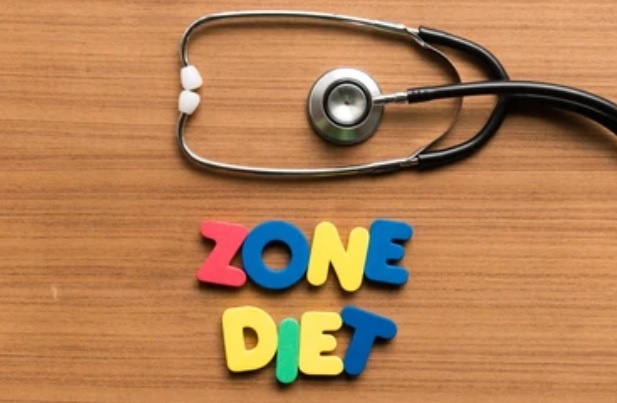The Zone Diet is a popular eating plan that focuses on achieving hormonal balance through a balanced ratio of Macronutrients. Developed by dr. barry sears, a biochemist and author, the Zone Diet has gained recognition for its potential benefits in weight loss, improved energy levels, and overall health.
What is the Zone Diet?
The Zone Diet is centered around the concept of maintaining a specific balance of macronutrients in every meal. The diet suggests consuming a specific ratio of 40% carbohydrates, 30% protein, and 30% fat in order to regulate insulin levels and control Inflammation in the body. This balance is believed to optimize hormonal response and promote overall well-being.
How does the Zone Diet work?
The Zone Diet works by regulating insulin levels and controlling inflammation, which are key factors in weight management and overall health. By consuming a balanced ratio of macronutrients, the diet aims to stabilize blood sugar levels, reduce hunger, and enhance the body’s ability to burn fat.
Key Principles of the Zone Diet:
1. Balanced Meals:
Each meal should consist of a balance of carbohydrates, protein, and fat in the recommended ratio of 40:30:30.
2. Favorable Carbohydrates:
The diet emphasizes consuming carbohydrates with a low glycemic index, such as fruits, vegetables, and whole grains, to avoid rapid spikes in blood sugar levels.
3. lean protein:
Lean sources of protein, such as chicken, fish, tofu, and legumes, are encouraged to provide satiety and support muscle maintenance.
4. Healthy Fats:
The Zone Diet promotes the consumption of healthy fats, including olive oil, avocados, nuts, and seeds, which contribute to satiety and support overall health.
5. Frequent Meals:
The diet recommends eating smaller, frequent meals throughout the day to maintain stable blood sugar levels and control hunger.
6. Supplementation:
Omega-3 fatty acids and Polyphenols, found in fish oil and colorful fruits and vegetables, are suggested as supplements to support overall health and reduce inflammation.
Benefits of the Zone Diet:
1. Weight Management:
The Zone Diet’s balanced macronutrient ratio may help regulate appetite, promote fat loss, and maintain muscle mass.
2. Improved Energy Levels:
By stabilizing blood sugar levels, the diet may provide sustained energy throughout the day, reducing energy crashes.
3. Inflammation Reduction:
The Zone Diet’s focus on healthy fats and anti-inflammatory foods may help reduce chronic inflammation and associated health risks.
4. Cardiovascular Health:
The diet’s emphasis on lean protein, healthy fats, and low glycemic carbohydrates may contribute to improved heart health.
5. Blood Sugar Control:
The balanced meals in the Zone Diet may help regulate blood sugar levels, making it beneficial for individuals with diabetes or insulin resistance.
Considerations and Potential Drawbacks:
1. Complexity:
The Zone Diet may require careful meal planning and portion control, which can be challenging for some individuals.
2. Restrictive:
The diet restricts certain food groups, such as high glycemic carbohydrates, which may limit food choices and social flexibility.
3. Individual Variations:
The optimal macronutrient ratio may vary among individuals, and it is important to adapt the diet to personal needs and preferences.
4. Professional Guidance:
It is advisable to consult with a healthcare professional or registered dietitian before starting any new diet to ensure it aligns with individual health goals and requirements.
The Zone Diet offers a structured and balanced approach to nutrition, focusing on maintaining a specific macronutrient ratio to optimize hormonal response and overall health. While it may not be suitable for everyone, it has gained popularity for its potential benefits in weight management, energy levels, and inflammation reduction. As with any diet, it is important to personalize the approach and seek professional guidance to ensure it aligns with individual needs and goals.
